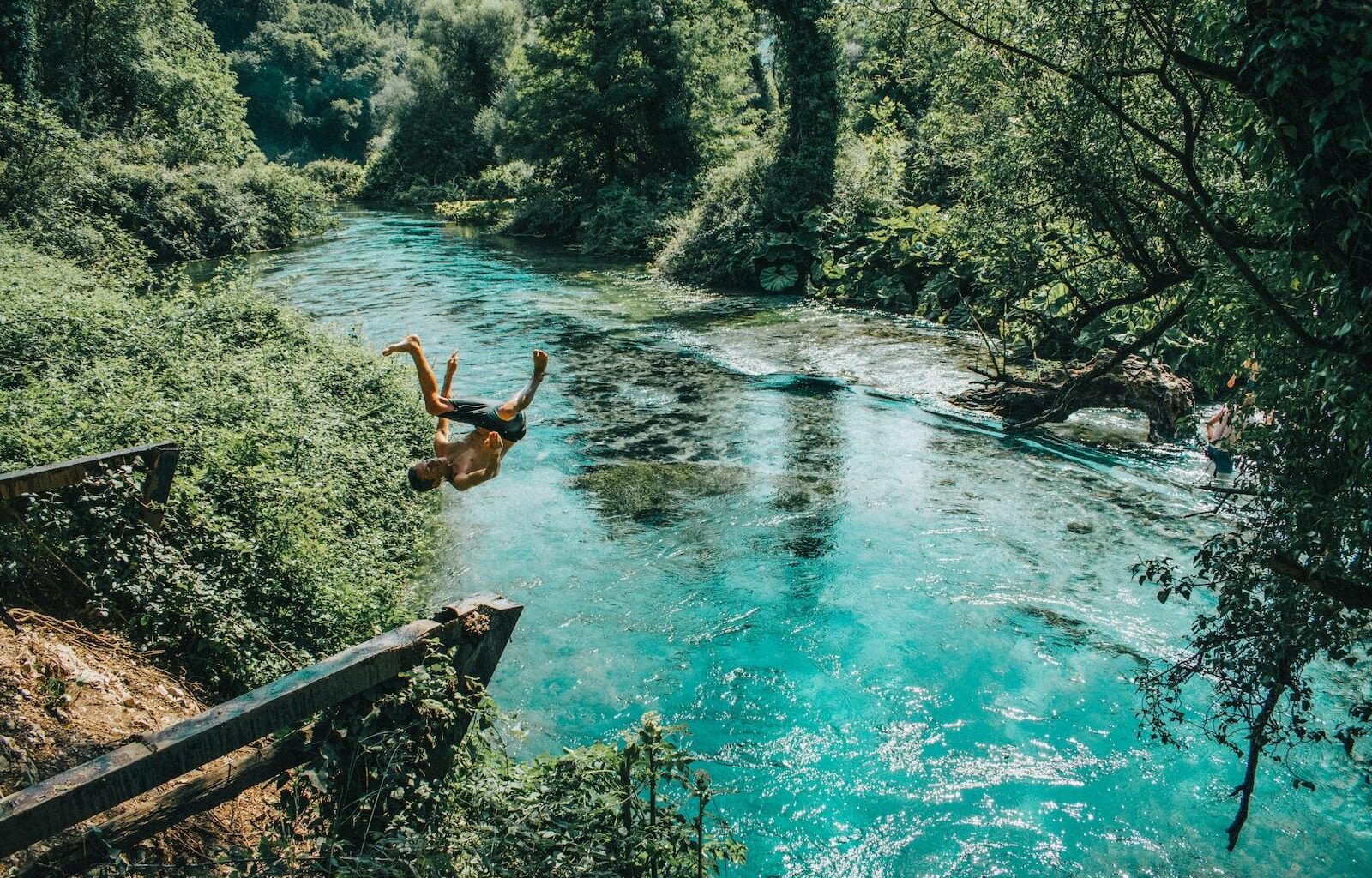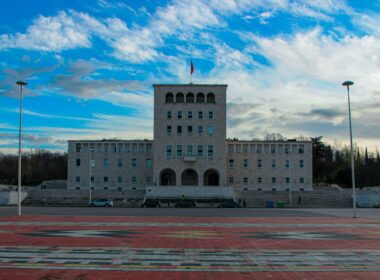Are you planning a trip to Albania? Are you wondering what to expect from the land of the eagles? If you want to experience unique culture, breathtaking landscapes and picturesque beaches, Albania should be your next destination!When it comes to travel around Albania, there are certain things you should know to get the best out of your trip. What are the must-see attractions? Is it safe to travel in Albania? What type of food should you try?
Geography and Demographics of Albania
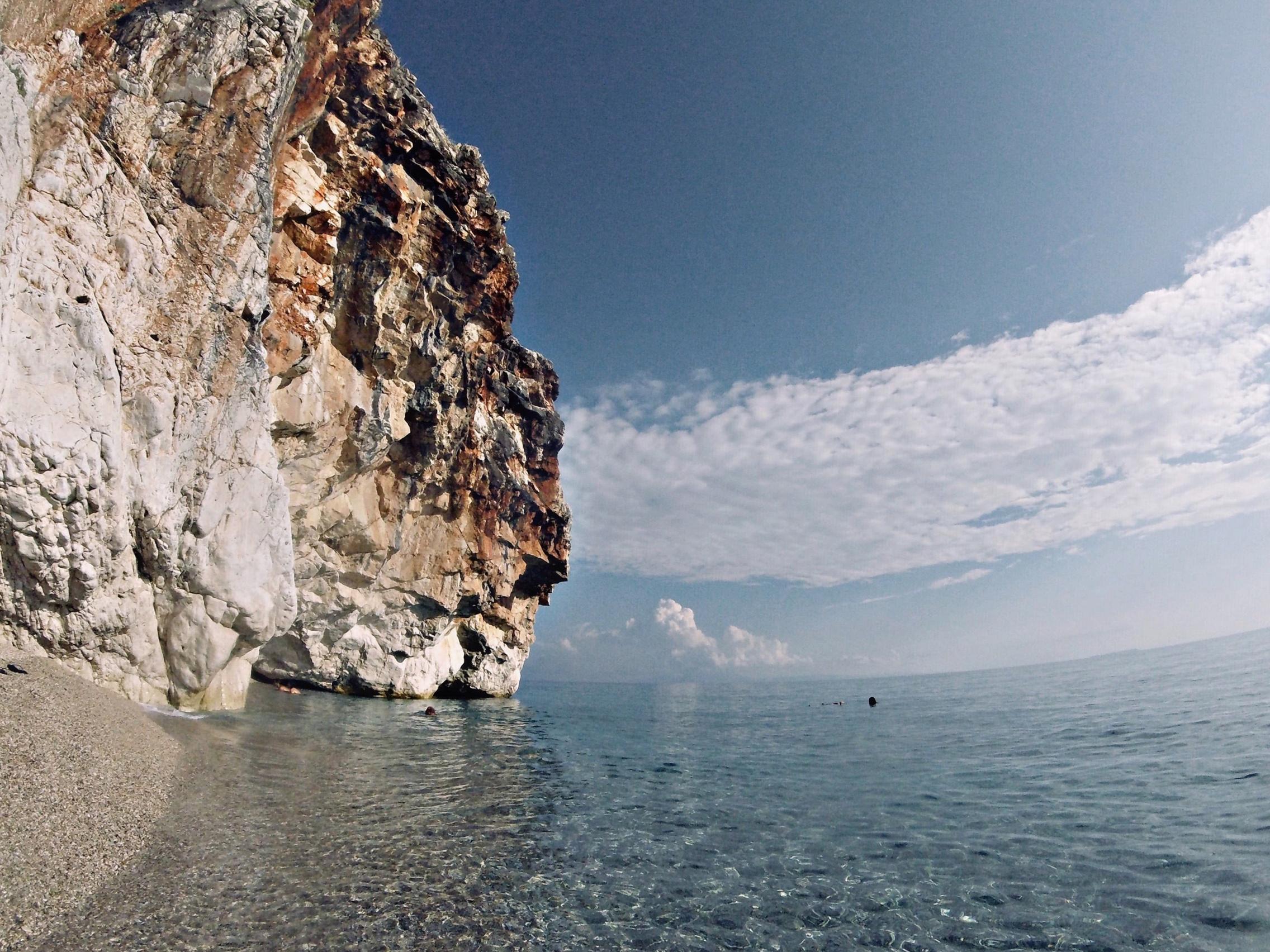
If you’re thinking of visiting Albania, then you should be aware of the country’s geography and demographics. Albania is located in the western part of the Balkan peninsula in southeastern Europe, bordering Montenegro to the north, Kosovo to the northeast, Macedonia to the east and Greece to the south. The country has a population of just over 3 million people and a population density of over 280 people per square kilometer. Albania is a fairly mountainous country, with 70% of the land occupied by mountains or hills.
Approximately 37% of the land is forested. The capital, Tirana, is situated in the eastern part of the country near the Adriatic Sea. Albania has a diverse population, but the Albanian language is spoken by the majority.
The climate in Albania can be very pleasant in the summer months, with temperatures ranging from 16-30°C (60-86°F) on average. During the winter, temperatures can drop significantly, especially in the northern part of the country, with snowfall and temperatures as low as -10°C (14°F). Albania is a fascinating country with a fascinating mix of cultures and ethnicities, and there is much to explore and learn about. Be sure to take into account the geography and demographics prior to any trip to the country to be sure that you get the most out of the experience.
Cultural Highlights and Etiquette in Albania
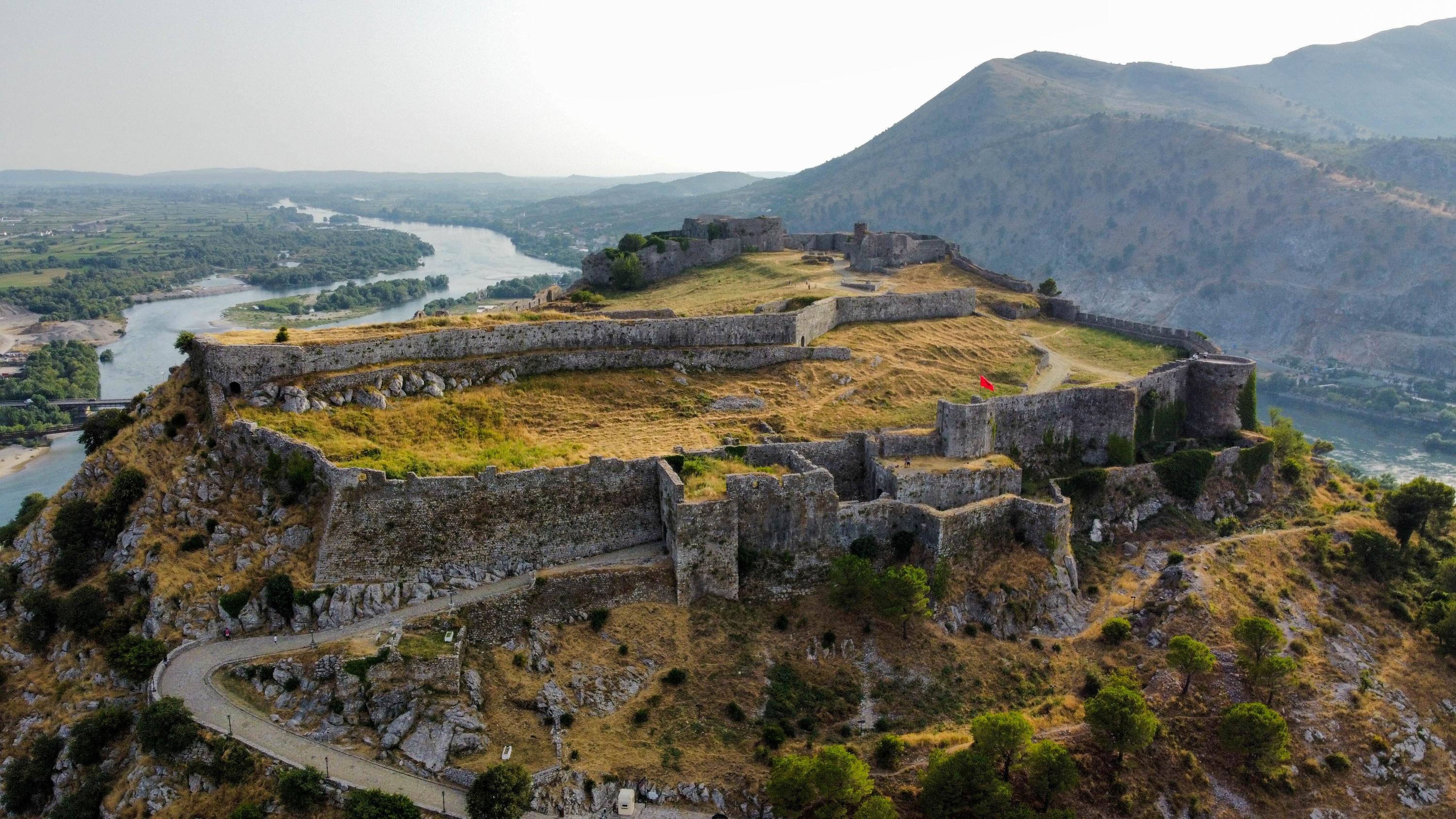
Walking through the streets of Albania’s cities you will find a mix of traditional and modern architecture, blending in a unique way. Many of the old buildings are still standing and proudly showing off their often intricate decorations. To get a better understanding of the Albanian people, you should also spend some time discovering the local cuisine. Traditional Albanian dishes include a wide variety of flavourful salads, tasty stews, hearty breads, and delicate desserts.
Some dishes that are especially popular include gjellë, byrek, and qofte. The culture in Albania is also strongly tied to music. Folk music has been an integral part of the Albanian landscape for centuries and has endured despite many years of political upheaval. Don’t be surprised if you find yourself clapping along to the rhythm of traditional Albanian tunes. It’s important to note that when it comes to encountering Albanians, men and women are treated fairly equally.
Women are not expected to be deferential, so don’t hesitate to ask questions or engage in lighthearted banter. When it comes to Catholicism, there are both eastern and western branches, but the Orthodox faith is still widely practiced. Worshippers can be seen praying in churches and monasteries, and there is plenty of opportunity to learn about the history and meaning of Albanian spirituality. Albanians are also known for their enthusiasm for sports, and football is no exception.
Ideal Time to Visit Albania
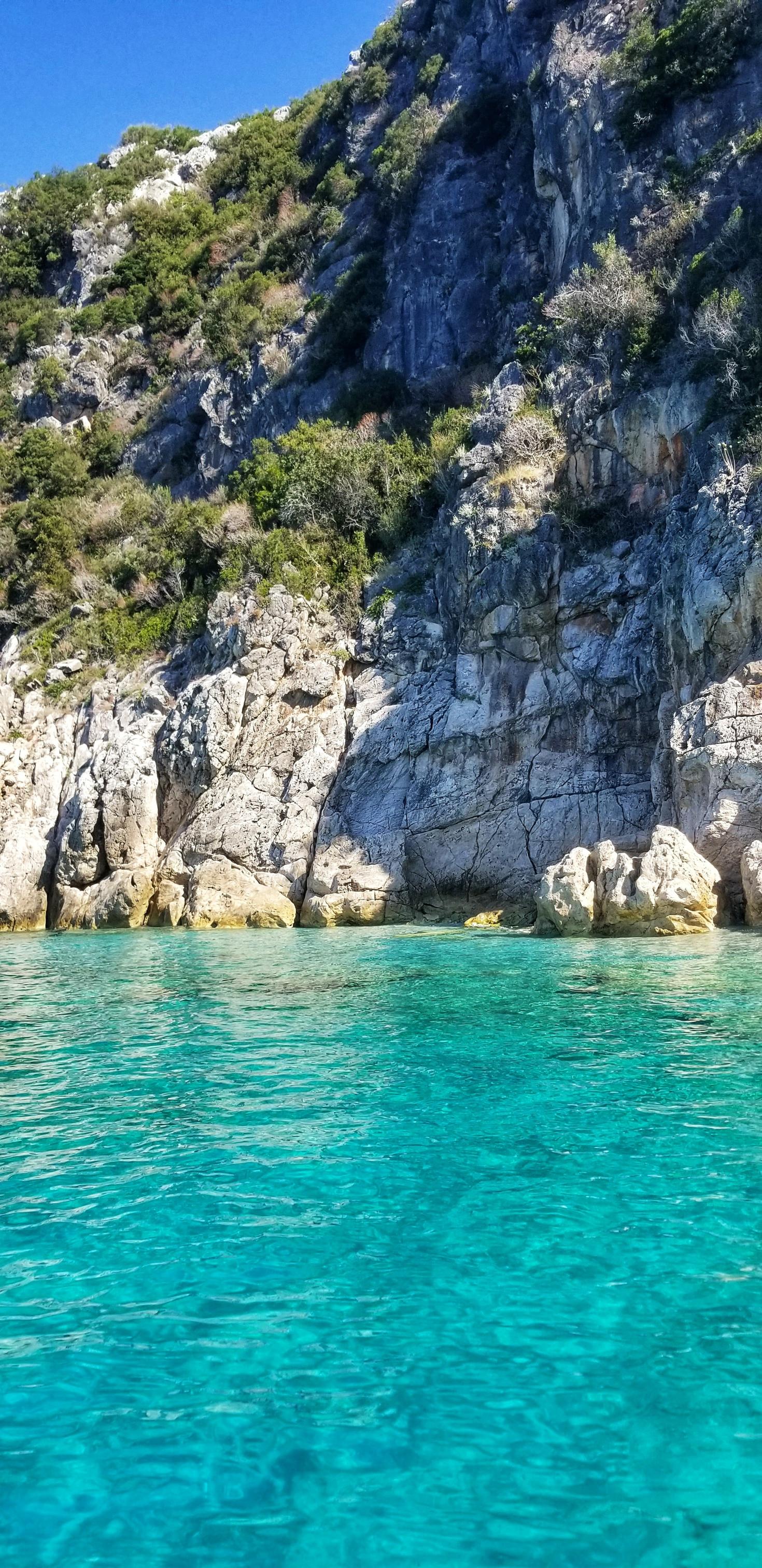
Experience the alluring allure of Albania, a hidden gem in the heart of the Balkans, which beckons travelers with its diverse landscapes and rich cultural tapestry. Choosing the ideal time to visit this captivating country depends on your preferences and interests.
Spring (April to June): As nature awakens from its slumber, Albania transforms into a picturesque canvas of blossoming flowers and verdant landscapes. The weather is pleasantly mild, making it the perfect time for outdoor enthusiasts and history buffs alike. Explore the ancient ruins of Butrint, a UNESCO World Heritage Site, or wander through the charming streets of Gjirokastër, a well-preserved Ottoman-era town. Immerse yourself in local traditions during the Albanian National Folklore Festival held in Gjirokastër in May, celebrating the nation’s rich cultural heritage.
Summer (July to August): If you’re a sun-seeker, the Albanian Riviera is at its prime during these months. The pristine beaches along the Adriatic coast bask under the warm sun, offering a perfect escape for relaxation and water activities. Dive into crystal-clear waters, indulge in fresh seafood delicacies, and revel in the vibrant nightlife of beachside towns like Saranda and Vlorë. Don’t miss out on the Kala Festival, an electronic music event set against the stunning backdrop of Dhërmi, attracting music enthusiasts from across the globe.
Fall (September to November): As summer gives way to autumn, Albania is adorned with a kaleidoscope of colors. The weather becomes milder, making it an excellent time for hiking and exploring the country’s diverse landscapes. Traverse the Accursed Mountains, trek to the picturesque Theth and Valbona valleys, and immerse yourself in the warm hospitality of traditional guesthouses. Witness the Përmet Chestnut Festival in October, celebrating local produce and culture, while savoring delectable chestnut dishes.
Winter (December to February): For those seeking a unique experience off the beaten path, winter in Albania offers a serene and tranquil escape. The crowds dissipate, allowing you to explore historical sites, such as the ancient city of Butrint, in solitude. Head to the mountains for winter sports, as the region around Korçë becomes a haven for skiing and snowboarding enthusiasts. Discover the magic of local festivities during the Albanian Orthodox Christmas celebrations, offering a glimpse into the country’s religious and cultural traditions.
Must-See Places in Albania
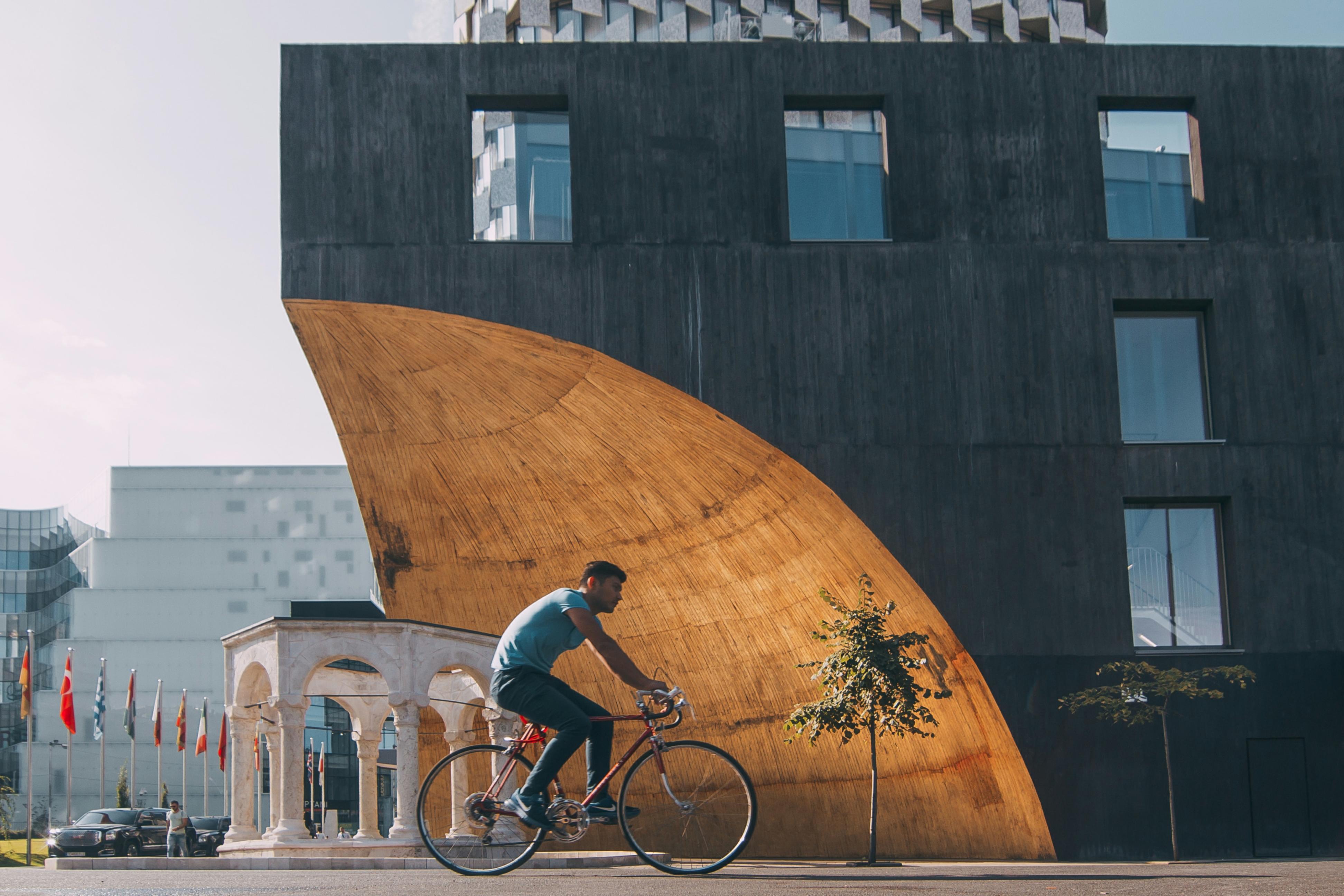
For starters, you’ll want to know a bit about the people. Albanians are known for their hospitality and warm welcome. You’ll definitely want to learn some of the local language, as most people are bilingual and speak both Albanian and English. Even if you don’t speak the language, you will find plenty of friendly locals willing to help you out. When it comes to sightseeing, there is something for everyone.
Be sure to visit the Skanderbeg Square, the National History Museum and the Et’hem Bey Mosque. For great views, you won’t have to go far. North of Tirana is the mesmerizing Lake Koman. It’s a man-made fjord filled with mesmerizing glacial water surrounded by towering mountains. Further up, you can visit the Theth National Park, a stunning, unspoiled showcase of alpine beauty. For beach lovers, the Albanian Riviera is heaven on earth. From the beaches of Himara to Ksamil Island, the dramatic mountain scenery provides a beautiful backdrop to the clear, turquoise waters.
No trip to Albania would be complete without a visit to the city of Berat. This Unesco World Heritage Site, often referred to as “The City of a Thousand Windows,” has stunning examples of Ottoman-era architecture. Make sure to visit the Mangalem Quarter, the Gorica Hill and the seven Orthodox churches in the Berat Castle.
Flights and Land Transportation in Albania
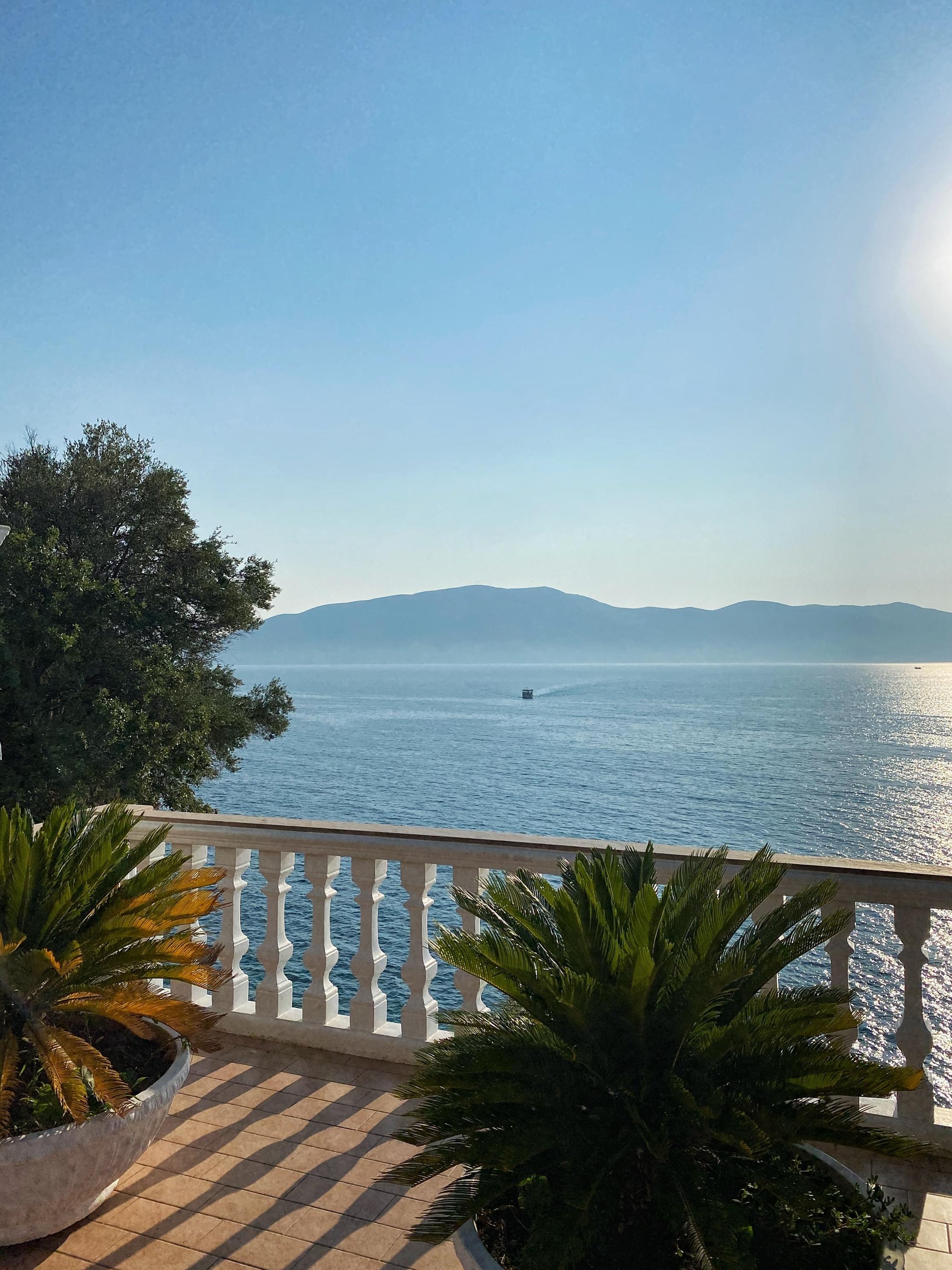
When it comes to flights, there are several airports in Albania that offer domestic and international flights. Tirana International Airport (TIA) is the main air travel hub, with most international flights landing here. You can also get connecting flights to other parts of Europe or even the U. S. from here.
When it comes to land transportation, travelers have a range of options. The most popular way to explore the country is by car. You can rent a car at any of the larger cities and airports and use it to get around. There are several international rental car services available as well. Another popular option is buses and minibuses. These are available from most cities and are an affordable way to get around. However, the routes are often limited and can be unreliable, so it’s important to plan ahead.
This can easily be arranged in the major cities or through tour companies. Taxis are a good option as well; however, it’s important to ensure the driver is licensed and reputable. When planning your trip, keep in mind that Albania is still developing its infrastructure. Many of the roads and highways are in a state of disrepair, so be prepared for bumpy rides. Travelers should also remain aware of their safety at all times.
Where to Stay in Albania
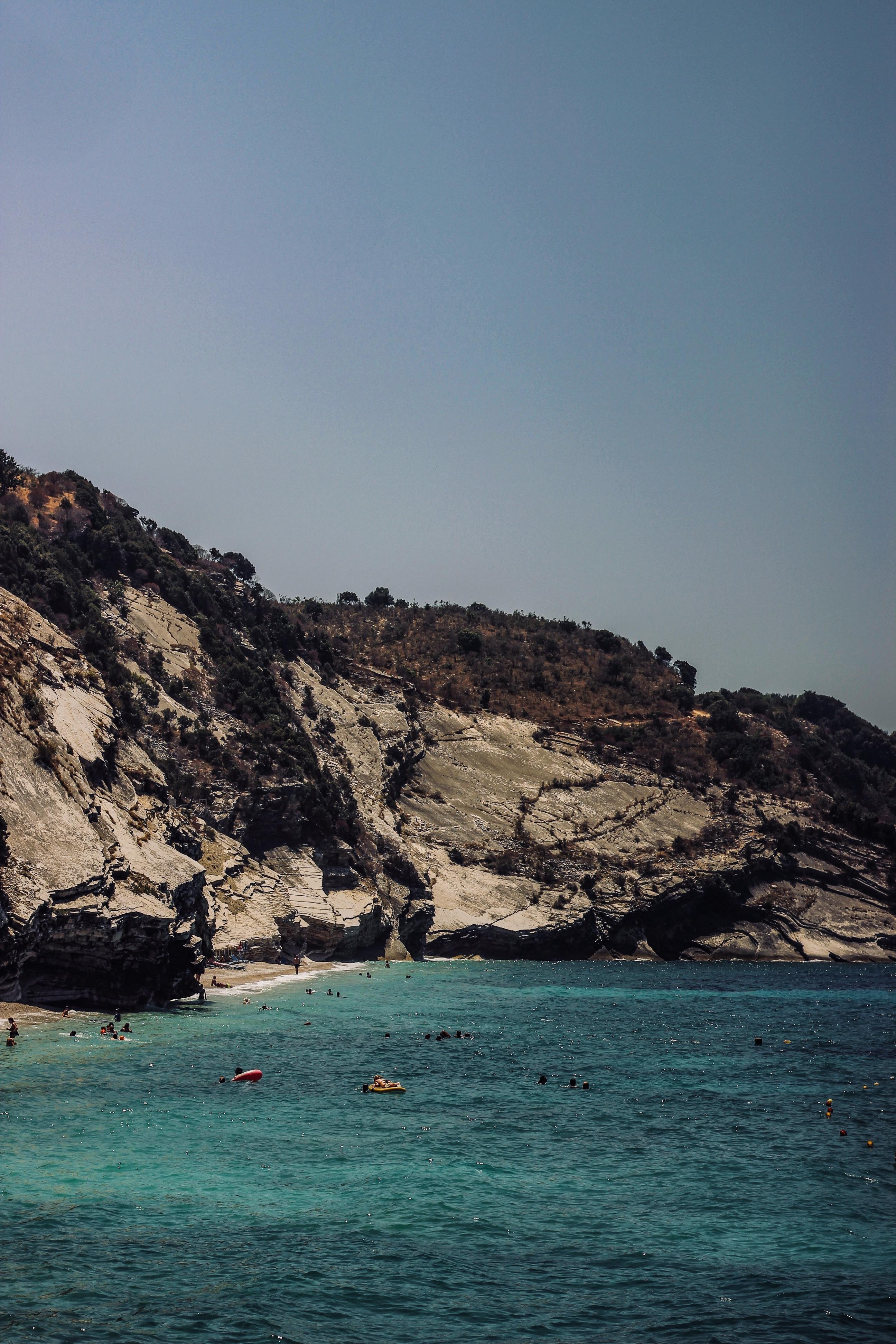
That being said, the country is rapidly developing and becoming more accessible, so there are plenty of accommodation options in both major cities and rural locations. Major cities like Tirana, Saranda, and Durres offer luxury hotels as well as Airbnb rentals, while smaller towns have more limited options, ranging from basic guesthouses to family-run B&Bs.
In terms of transportation, Albania is well- connected by both public and private transport. Bus is the most common form of intercity transportation, but trains are also available from Tirana to Durres, Tirana to Lake Shkodra, and Tirana to Pogradec. Alternatively, if you’d prefer to get around on your own, renting a car is a great option, as Albania’s roads are generally in good condition. There are plenty of car rental companies, including international companies like Hertz and Avis. Albania has a Mediterranean climate, with hot summers and mild winters.
Obtaining a Visa for Entering Albania
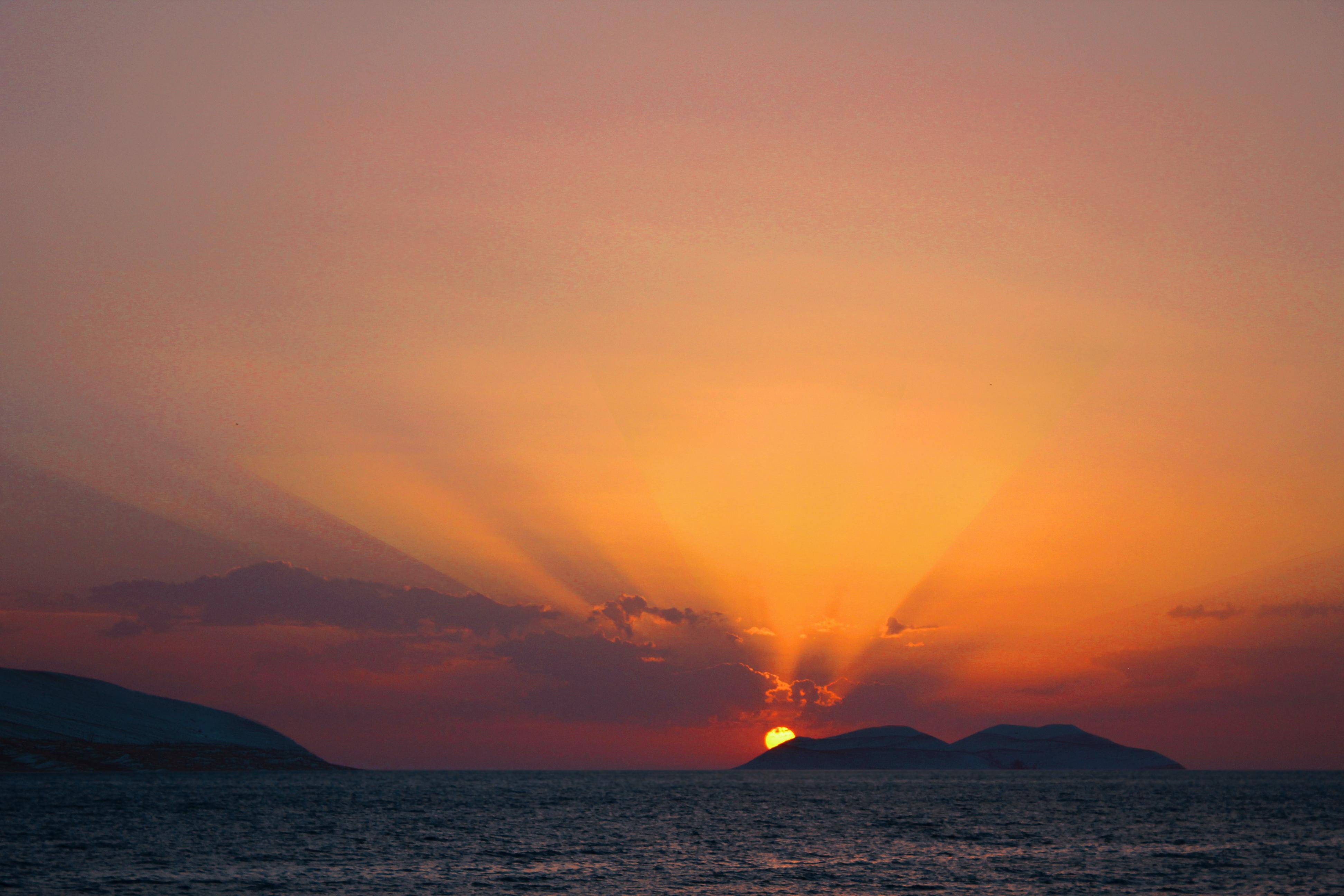
You’ll need to make sure you meet all the general eligibility requirements for the visa type that applies to your particular situation. You’ll need to have a valid passport for at least 6 months, show proof of sufficient funds to cover your stay, and produce some form of supporting documentation (such as a letter of invitation or other supporting documents) if required by the Albanian government.
The next step is to fill out the visa application form. This form must be completed and received by the Albanian embassy or consulate in the country where you are applying for the visa from. You’ll need to provide some personal information on the application, including your name, date of birth, country of origin, and details about your travel plans. Once you’ve completed the form, you’ll need to submit it along with an application processing fee and supporting documents, if applicable. The staff there will be more than glad to help you.
Money Matters in Albania
The local currency is the Albanian Lek . It’s useful to carry cash on you, or you can always withdraw money from the many ATMs located throughout the country. When it comes to prices and costs for travelling to Albania, it is important to plan ahead. Prices for accommodation, food and activities vary from city to city. Public transport is usually very affordable and there are also many budget airlines and low-cost buses that can get you anywhere in the country. If you are looking for local experiences, you can find great deals when shopping in local markets, eating at street stalls and taking part in other activities.
Sales tax is included in the price of goods and services, and there is no VAT. Value added tax is paid on purchases, which can amount up to 25%, so it makes sense to look out for discounts. For those travelling in Albania for business purposes, certain taxes such as the Profit Tax of 10% must be considered. For those wanting to enjoy an incredible vacation in Albania, it is important to be aware of the money matters that will come up during your travels. Make sure to carry enough cash as there are limited bank withdrawal points, look out for discounts and consider the taxation policies. Knowing these details should help ensure that your time in Albania will be stress-free and truly enjoyable.
Practical Safety Tips for Visitors in Albania
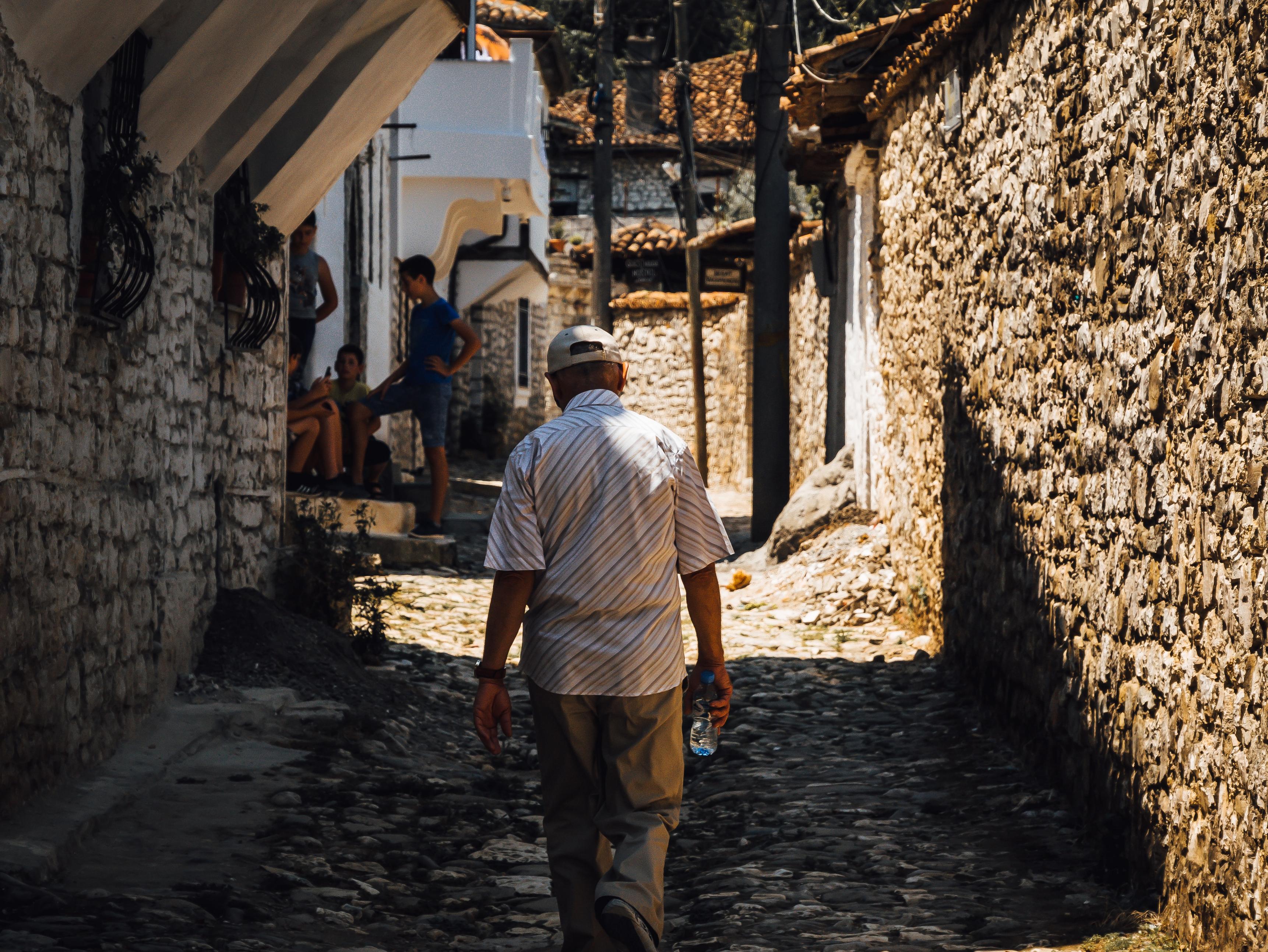
Albania is a very hospitable country but their culture is very different from most Western countries. Respect the local traditions, dress modestly and behave politely.
It’s also important to take precautions when travelling around the country. The roads can be winding and narrow and the terrain can be unpredictable. Obey traffic laws and be prepared with a full tank of gas before any long trips. It may also be a good idea to research for the best routes and estimated driving times ahead of time so you can plan your trip accordingly.
From a personal safety standpoint, it’s important to be aware of your surroundings and to avoid unknown areas if you don’t have a guide you trust. Petty crime is not common, but remember to always keep your valuables out of sight. Make sure to have access to adequate medical aid and health insurance while travelling in Albania. Have a medical kit on you for minor cuts and bruises, and always consult a professional if you suffer from any medical emergency.
Departure Procedures and Leaving Albania Tips
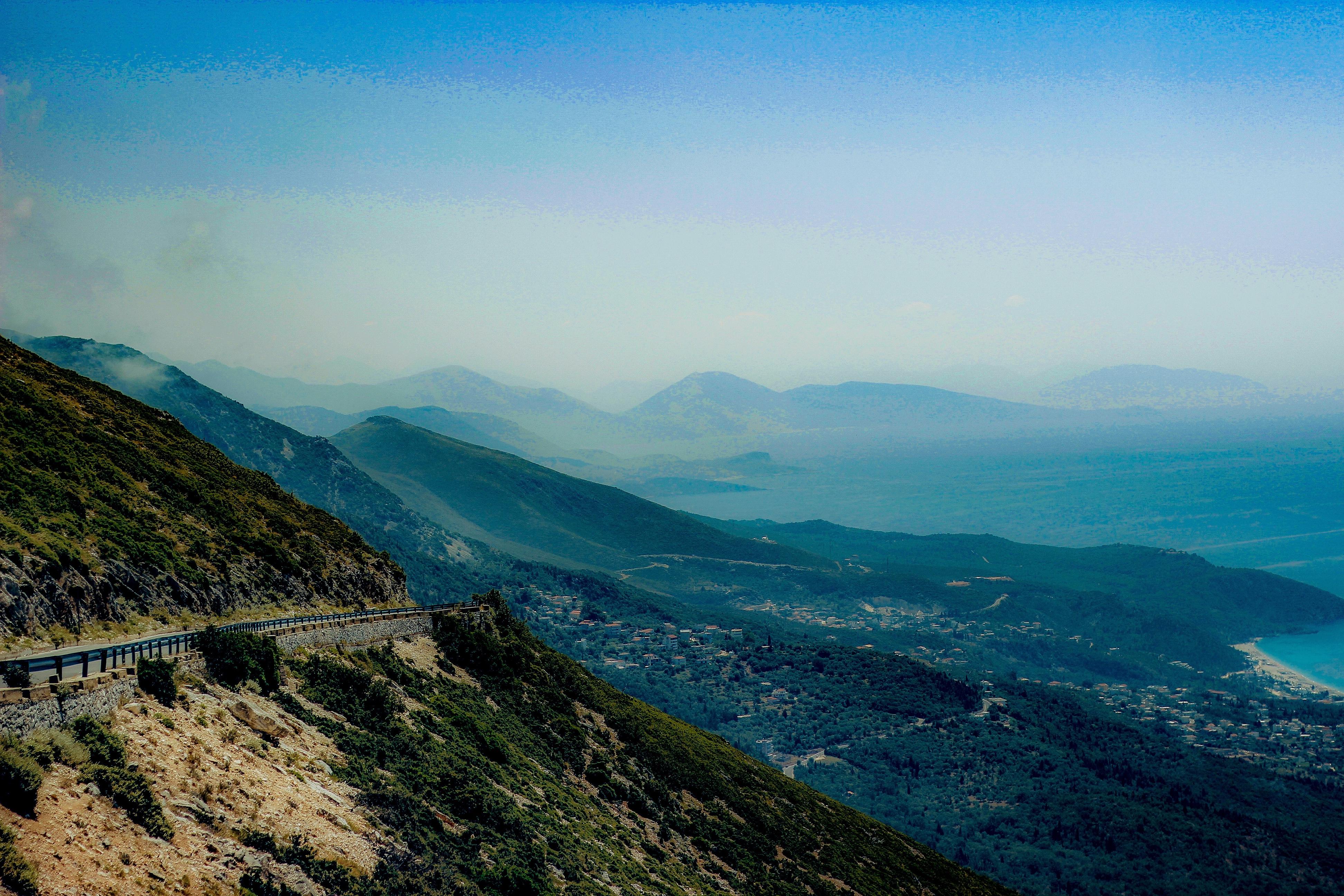
Visas for Albania can be acquired from the Albanian Embassy, government website or travel agency. Citizens of most countries can enter Albania with a valid visa, and those from some US and EU countries are eligible for visa waiver programs. Depending on your nationality, you may need to apply for a visa in advance, so be sure to double-check this information before departing for Albania.
All travelers arriving in Albania will need to declare any items of value to customs officers, and they will also need to answer questions about their purpose of travel and the amount of time they intend to stay in the country. It’s also important to note that Albania does not accept the import of certain items such as weapons and drugs, so be sure to check the latest regulations before packing for your trip.
Once you arrive in Albania, be sure to follow any applicable laws and regulations. Laws in Albania are generally similar to those in other European countries, but there are some differences, such as the legal drinking age and the acceptable forms of payment.
Bringing It All Together
What You Should Know Before Travelling to Albania Albania is an ESCE country on the Adriatic and Ionian seas, with a population of around 8 million people. Albania is a beautiful and diverse country with a strong cultural history, an economy based mostly on agriculture and tourism, and stunning natural scenery. It is an increasingly popular tourist destination for travelers from Europe and beyond. When planning your trip to Albania, there are several factors to consider to ensure a safe and enjoyable experience. Knowing the local culture and customs, learning some basic Albanian phrases, and being aware of potential safety issues are all important. Albanians are warm and hospitable people, and their culture and customs, especially in rural areas, remain strong.
It is essential to dress modestly in public. Before you embark on your trip, it is important to learn some Albanian phrases. For most, English is not widely spoken so even the basics such as greeting and ordering food will help to bridge the language gap and make your experience more cultural. In terms of safety, crime levels in Albania are relatively low, however, visitors should remain vigilant, especially when in bigger cities or in tourist areas. It is important to be aware of local scams and opportunistic criminal activities which may occur in popular tourist areas. When travelling in Albania, be sure to carry some local currency, as not all establishments accept credit cards.
Answers To The Most Common Questions
Is Albania still a communist country?
It has been a parliamentary republic since the fall of communism in 1991.
What type of government is Albania?
Albania is a unitary parliamentary constitutional republic.
Is Albania a rich or Poor country?
According to the World Bank, the country has an average annual income of $4,500, compared to the global average of $10,500.
Do You Want To Be Inspired? View More Albania Related Articles:
- Top Things To Do In Tirana Albania
- What Are Some Dangers Of Traveling Alone In Albania?
- Is Better To Visit Bulgaria Or Albania And Why?
- What’s Your Best Advice For Traveling In Albania?
- What Are The Five Best Things To Do In Tirana As A Tourist?
- What You Should Know Before Travelling To Albania?
- What Is Albania Known For?
- Best Places To Visit In Albania In Winter
- Best Places To Visit In Albania In Summer
- Interesting Facts About Albania


